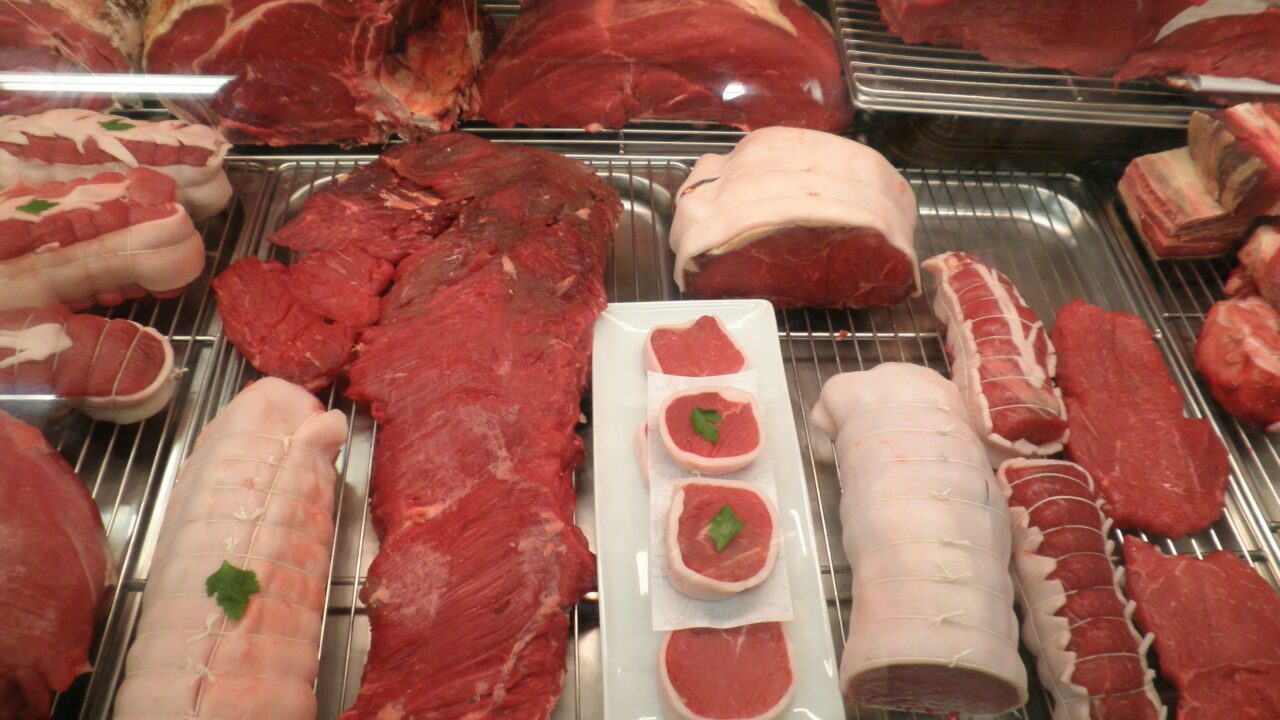The British Minister of State for Agriculture George Eustice has told Parliament that the country’s food supplies will be perfectly fine – even if Britain walks away from the EU without negotiating a trade deal.
Britain imports half of its food from abroad, with a quarter of the total coming from EU member-states with low or no tariffs. Crucially, most of what the country imports from Europe is fresh fruit and vegetables – and of course Irish beef and lamb.
Responding to a question by Liberal Democrat MP Tom Brake, Eustice said: “Food supply is highly resilient with capacity throughout the supply chain, and industry can respond quickly to ensure ongoing supply. The UK has a strong balance between domestic production and diverse sources of supply, which has been stable for a number of years.”
“Food security depends on factors including increasing global production sustainably, reducing waste and ensuring open markets to facilitate trade. None of the potential scenarios regarding our trading relationship with the EU is likely to have a significant impact on food security,” he added.
“The UK food system, consumer tastes and prices have been thoroughly Europeanised. This will be impossible to cut out or back by March 2019 without enormous consequences. The UK food system faces real challenges on food security,” Prof. Lang wrote.
Prof. Lang has warned this “food Brexit” would penalise the most vulnerable in British society. “People on low incomes, the elderly, farmers [and] people in the north of England” would be worst affected.
But Brexit is bringing about a double whammy for both European food producers and British consumers. The buying power of the latter has taken a hammering with fall after fall in the value of sterling since the Brexit vote, and accelerating consumer price inflation.
With market analysts predicting that the pound will fall in value to parity with the euro by next year, consumer buying power is set to be severely curtailed.
In the event of longer customs clearance procedures at British ports, perishable foodstuffs would be most vulnerable to spoiling in transit. That would increase the cost to European suppliers, as well as the risk of having to write off entire truckloads of goods bound for British consumers.
The British government’s response to the issue of food security post-Brexit has been to emphasise the lowering of trade restrictions – in other words, food production standards and a potential trade deal with America which would open up the British market to meat produced to lower standards in the United States.
Britain’s National Farmers Union has said that if a trade deal with America went ahead, Britain’s domestic meat production standards would have to be lowered in response.
That might reduce the cost of meat for British consumers, and go some way towards tackling the issue of food security for low-income Britons. But that would make the Brexit headache even worse for Irish farmers, as the plunging sterling erodes the value of their exports.
Although much work has been done to diversify export markets and reduce the beef sector’s exposure to Brexit, the British government’s response to the question of food security should worry them.
